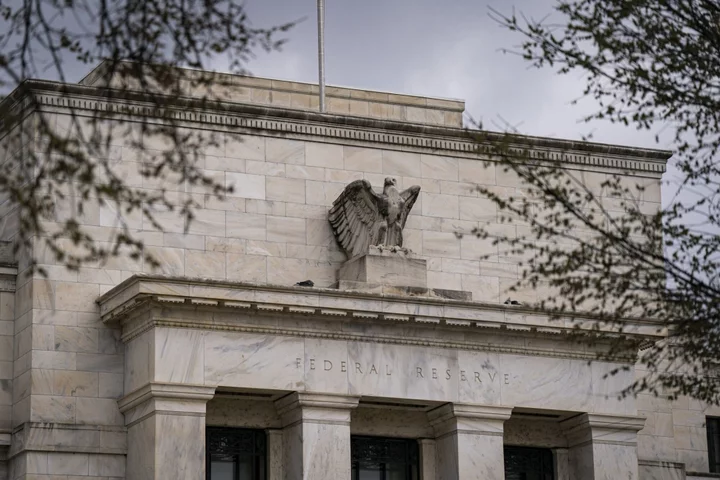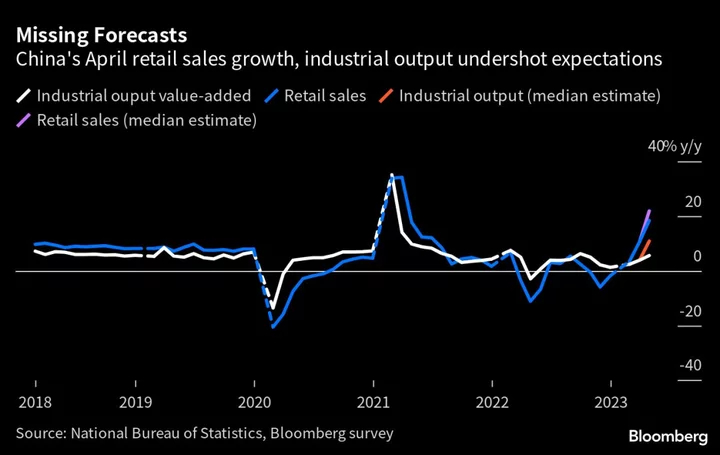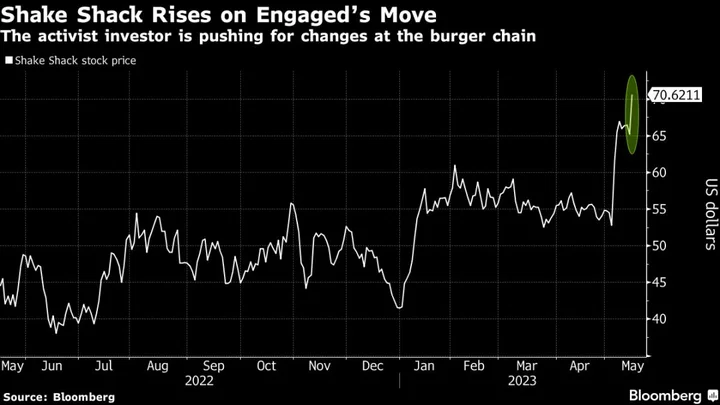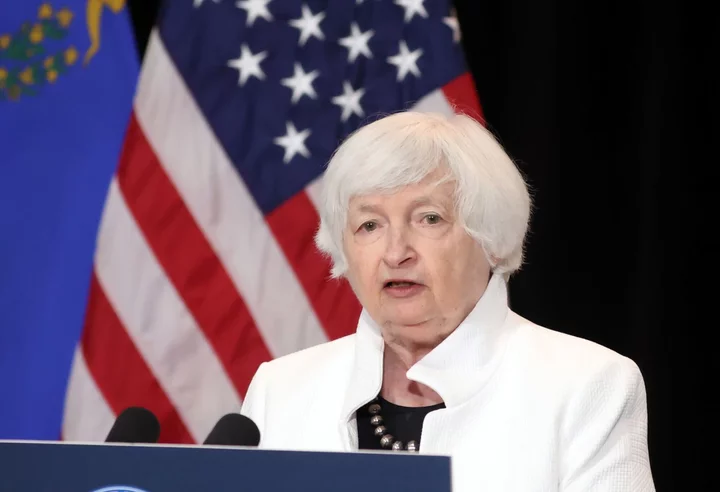The US Federal Reserve will unveil on June 28 the results of its annual stress tests, which examine banks’ ability to withstand crises.
The yearly exams are being closely watched this time after three US lenders failed since March, and questions linger about the ability of other institutions to withstand extreme stress. The tests were put in place after the 2008 financial crisis to ensure the US banking system could withstand tumult.
In February, the Fed said this year’s test would examine the ability of the 23 biggest US lenders to weather crisis conditions, including the unemployment rate rising to 10%, without degrading their capital to dangerous levels. For the first time, the test will also feature an “exploratory market shock” to the trading books of the largest and most complex banks.
Fed officials have touted the annual stress tests as a measure of the health and resilience of the country’s biggest banks. However, they failed to test a scenario with the kind of rapid rate hikes that eroded the value of assets in bank portfolios earlier this year.
Michael Barr, the Fed’s vice chair for supervision, has said the central bank is considering changes that take into account new forms of financial stress, as part of a broad review at lenders’ capital requirements.
--With assistance from Mackenzie Hawkins.
(Updates with historical context of exams in final two paragraphs.)









